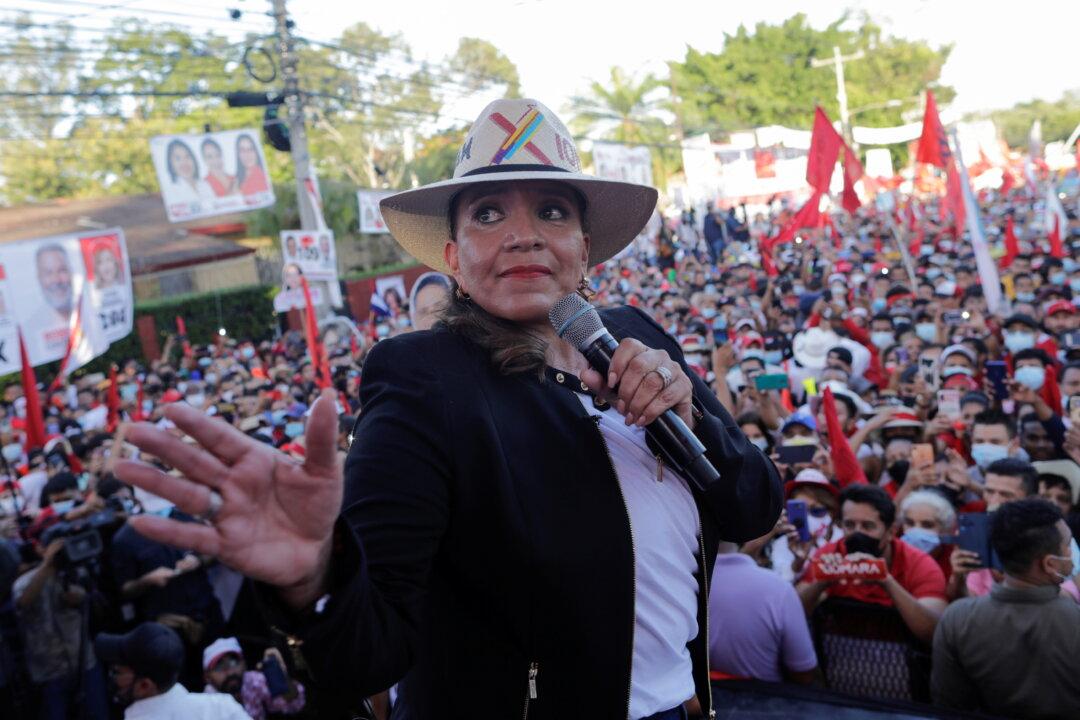Taiwan asked Honduras on March 15 to “carefully consider” its decision to establish diplomatic ties with the Chinese Communist Party (CCP), urging its Central American ally “not to fall into China’s snare.”
Honduran President Xiomara Castro de Zelaya said she had asked Foreign Minister Eduardo Reina “to manage the opening of official relations with the People’s Republic of China,” which will result in Honduras cutting ties with Taiwan.





